
By: Hameed Ullah Mashwani
Environmental Specialist
In an era marked by global challenges such as poverty, climate change, and environmental degradation, the United Nations introduced the Sustainable Development Goals (SDGs) in 2015. These 17 interconnected goals aim to create a more equitable, prosperous, and sustainable world by 2030. Saudi Arabia, recognizing the importance of these objectives, has integrated the SDGs into its national development agenda, aligning them with Vision 2030 to drive comprehensive reforms across various sectors.
The SDGs encompass a broad range of targets, including eradicating poverty and hunger, ensuring quality education, promoting gender equality, and fostering sustainable economic growth. They also emphasize the importance of environmental sustainability, clean energy, and climate action. Saudi Arabia’s commitment to these goals is evident in its strategic initiatives and investments aimed at transforming the nation’s economic, social, and environmental landscape.
One of the cornerstone initiatives is the Saudi Green Initiative (SGI), launched in 2021. The SGI aims to combat climate change, reduce carbon emissions, and enhance environmental sustainability. Key targets include planting 10 billion trees across the Kingdom, rehabilitating 74 million hectares of degraded land, and protecting 30% of terrestrial and marine areas by 2030. As of 2024, over 115 million trees have been planted, and 118,000 hectares of land have been restored, contributing significantly to biodiversity conservation and combating desertification.
In the energy sector, Saudi Arabia is making strides toward diversifying its energy mix and reducing reliance on fossil fuels. The Kingdom has committed to achieving net-zero carbon emissions by 2060 through the Circular Carbon Economy approach. This strategy involves implementing over 30 initiatives across the energy system, focusing on carbon capture, utilization, and storage (CCUS) technologies. Notably, the Carbon Capture, Utilization, and Storage Hub in Jubail is set to become one of the largest facilities globally, aiming to capture up to 9 million tons of CO2 annually by 2027.
Renewable energy projects are also at the forefront of Saudi Arabia’s sustainability efforts. The Sudair Solar PV Project, with a capacity of 1.5 gigawatts, stands as one of the world’s largest single-contracted solar power plants. Operational since 2023, it is expected to supply electricity to approximately 185,000 households and offset around 2.9 million tons of CO2 emissions annually. Additionally, the NEOM Green Hydrogen Project aims to produce up to 600 tons of clean hydrogen per day by 2026, positioning the Kingdom as a leader in green hydrogen production.
Urban development initiatives, such as the Green Riyadh project, are transforming cities into sustainable and livable spaces. Green Riyadh aims to plant 7.5 million trees across the capital, enhancing air quality, reducing temperatures, and increasing green spaces per capita. The project utilizes recycled water for irrigation, demonstrating a commitment to sustainable resource management. Complementing this, King Salman Park, set to be one of the largest urban parks globally, will provide recreational spaces and promote biodiversity within Riyadh.
Saudi Arabia’s commitment to environmental conservation extends to wildlife protection and biodiversity. The Kingdom has successfully reintroduced endangered species, including the Arabian oryx and the red-necked ostrich, into their natural habitats. Protected areas, such as the Ibex Reserve and King Salman Royal Reserve, have been recognized on the IUCN Green List, reflecting effective conservation management and efforts to preserve the nation’s unique ecosystems.
In the realm of waste management, innovative solutions are being implemented to address challenges in densely populated areas, especially during events like the annual pilgrimage to Makkah. A Smart Waste Management System, utilizing Artificial Intelligence and the Internet of Things, has been proposed to monitor waste levels in real-time, optimize collection schedules, and detect hazardous substances. This proactive approach aims to enhance cleanliness, reduce environmental health risks, and align with the principles of smart cities under Vision 2030.
Education and public awareness are integral to achieving the SDGs. Saudi Arabia is investing in environmental education, promoting sustainability in school curricula, and encouraging community participation in environmental initiatives. By fostering a culture of environmental stewardship, the Kingdom aims to empower citizens to contribute to sustainable development actively.
While significant progress has been made, challenges remain in achieving all SDG targets by 2030. The COVID-19 pandemic, economic fluctuations, and environmental pressures have impacted development trajectories. However, Saudi Arabia’s comprehensive approach, encompassing policy reforms, technological innovation, and international collaboration, underscores its dedication to overcoming these challenges and advancing sustainable development.
Saudi Arabia’s integration of the Sustainable Development Goals into its national agenda reflects a holistic vision for the future. Through strategic initiatives, investments in renewable energy, environmental conservation, and community engagement, the Kingdom is paving the way toward a more sustainable and resilient society. As the 2030 deadline approaches, continued commitment and collaborative efforts will be essential to realizing the full potential of the SDGs and ensuring a prosperous future for all.

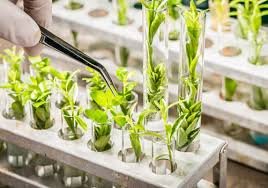
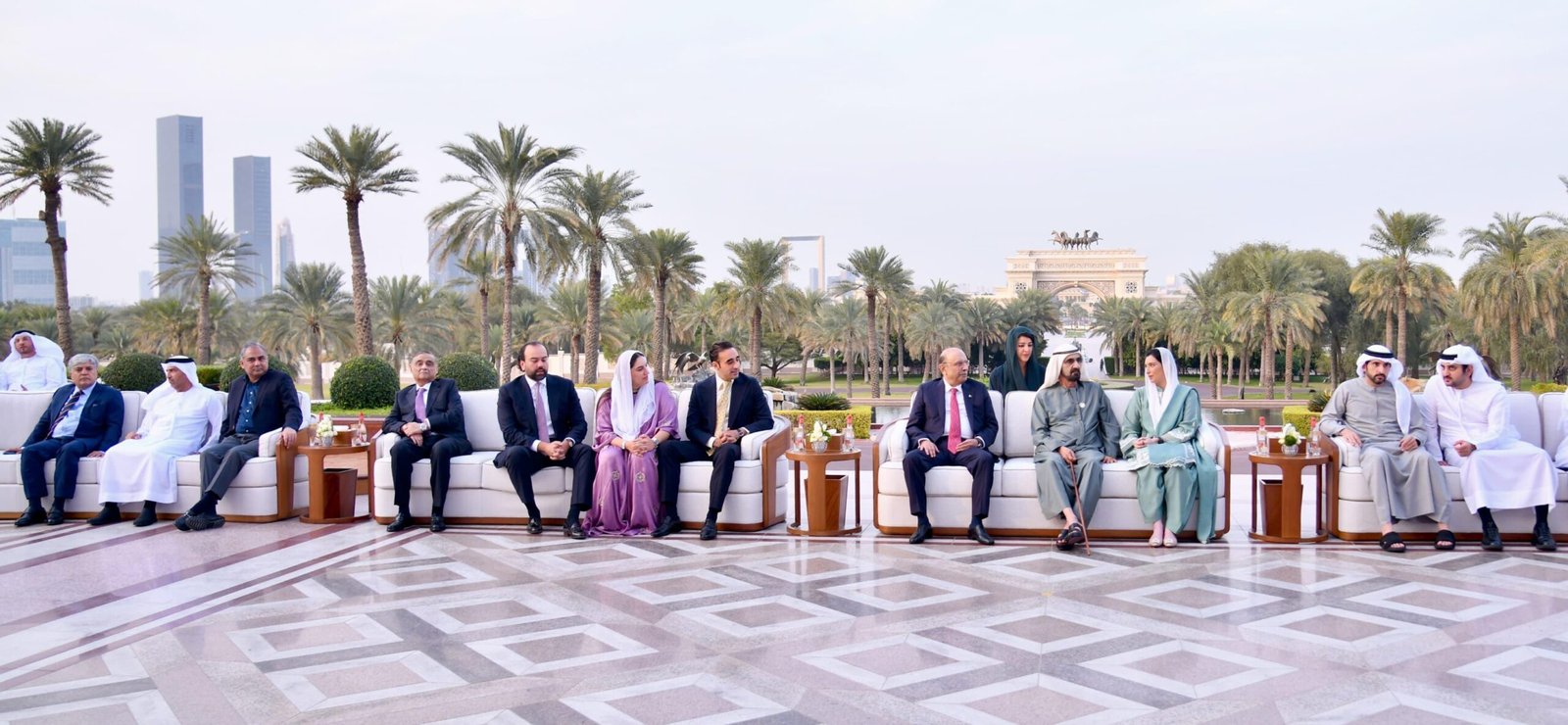

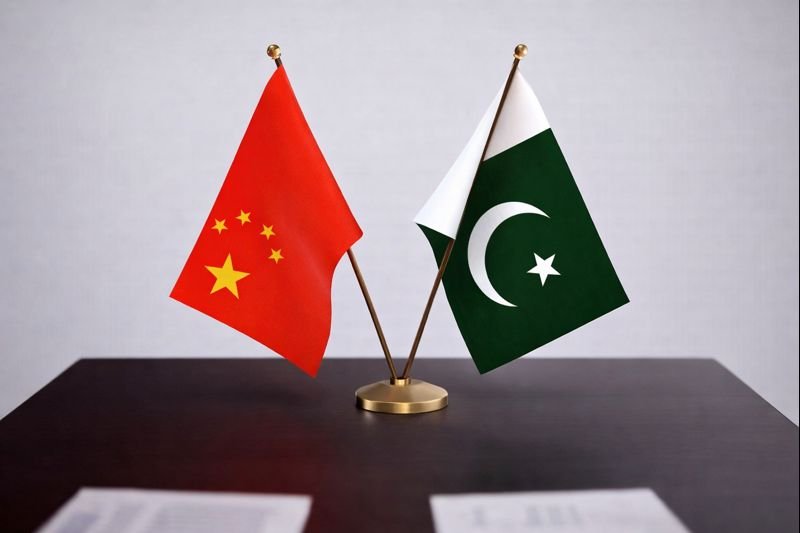
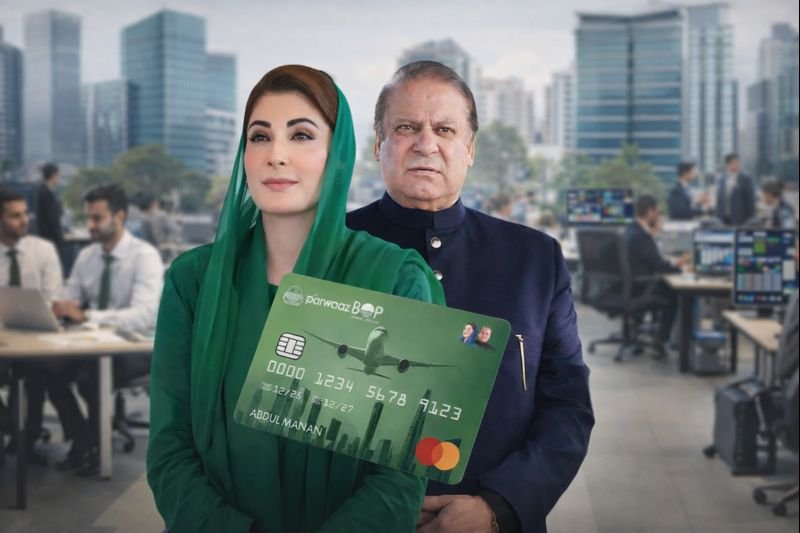
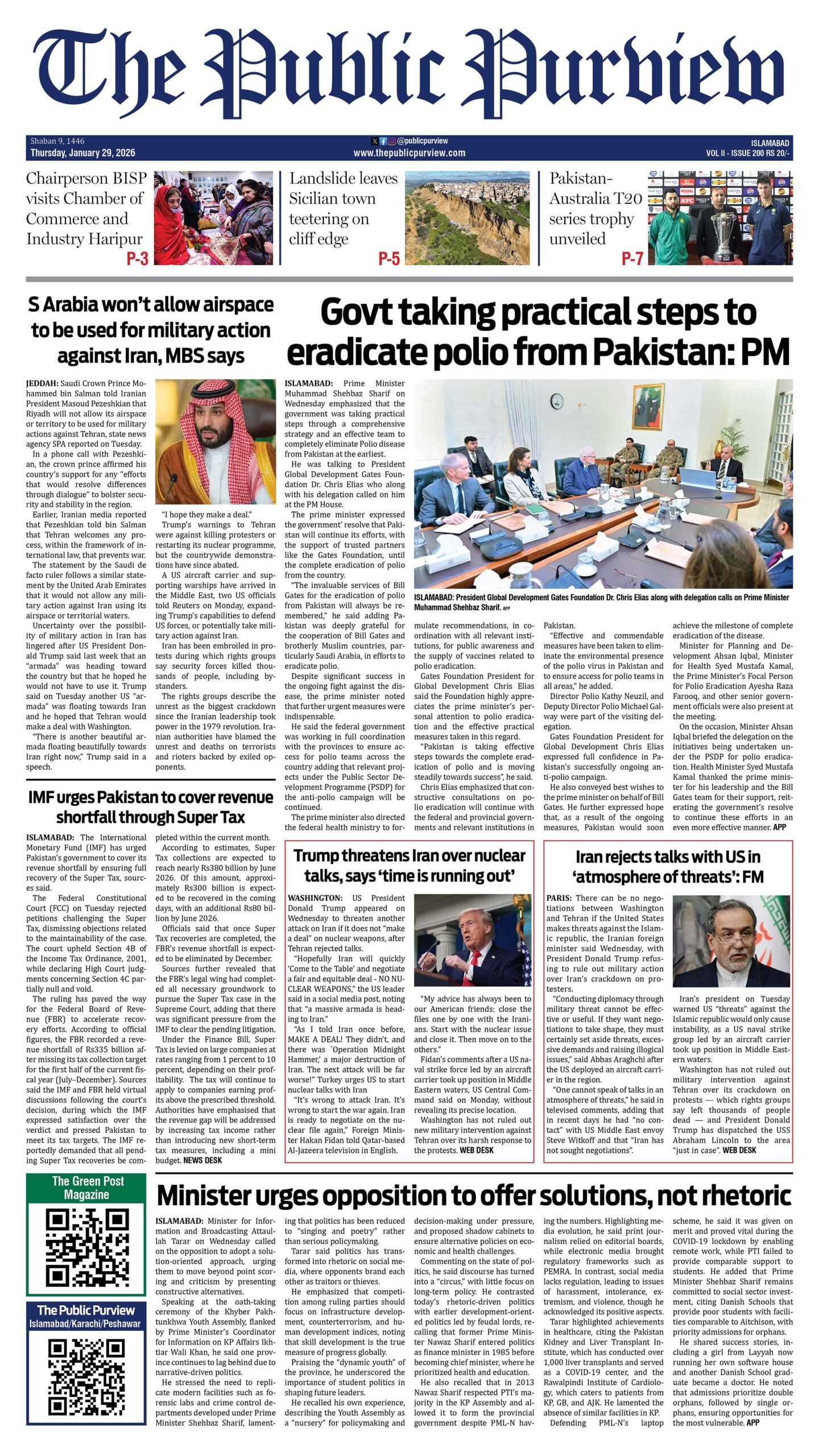 Today's E-Paper
Today's E-Paper